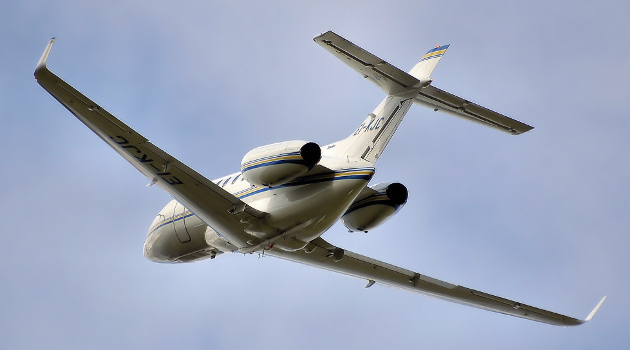I’ve argued for many years that a Clean Brexit is the right step for the United Kingdom for the simple reason that the European Union is a slowly sinking ship.
Part of the problem is demographics. Europe’s welfare states are already very expensive and the relative costs will increase dramatically  in coming years because of rising longevity and falling birthrates. So I expect more Greek-style fiscal crises.
in coming years because of rising longevity and falling birthrates. So I expect more Greek-style fiscal crises.
The other part of the problem is attitudinal. I’m not talking about European-wide attitudes (though that also is something to worry about, given the erosion of societal capital), but rather the views of the European elites.
The notion of “ever closer union” is not just empty rhetoric in European treaties. It’s the ideological preference of senior European leaders, including in many nations and definitely in Brussels (home of the European Commission and the European Parliament).
In practical terms, this means a relentless effort for more centralization.
- It means unending pressure for European-wide taxes.
- It means unending pressure for tax harmonization.
- It means unending pressure for regulatory harmonization.
- It means unending pressure for a transfer union.
All policies that will accelerate Europe’s decline.
What’s happening with the taxation of air travel is a good example. Here are some excerpts from a story in U.S. News & World Report.
The Netherlands and France are trying to convince fellow European nations at a conference in The Hague to end tax exemptions on jet fuel and plane tickets… In the first major initiative on air travel tax in years,
the conference on Thursday and Friday – which will be attended by about 29 countries – will discuss ticket taxes, kerosene levies and value-added tax (VAT) on air travel. …The conference will be attended by European Union economics commissioner Pierre Moscovici and finance and environment ministers. …The conference organizers hope that higher taxes will lead to changes in consumer behavior, with fewer people flying
The politicians, bureaucrats, and environmental activists are unhappy that European consumers are enjoying lightly taxed travel inside Europe.
Oh, the horror!
A combination of low aviation taxes, a proliferation of budget airlines and the rise of Airbnb have led to a boom in intra-European city-trips. …Research has shown that if the price of air travel goes up by one percent, demand will likely fall by about one percent, according to IMF tax policy division head Ruud De Mooij. He said that in a typical tank of gas for a car, over half the cost is tax…”Airline travel is nearly entirely exempt from all tax… Ending its undertaxation would level the playing field versus other modes of transport,” he said. …Environmental NGOs such as Transport and Environment (T&E) have long criticized the EU for being a “kerosene tax haven”.”Europe is a sorry story. Even the U.S., Australia and Brazil, where climate change deniers are in charge, all tax aviation more than Europe does,” T&E’s Bill Hemmings said. …The EU report shows that just six out of 28 EU member states levy ticket taxes on international flights, with Britain’s rates by far the highest at about 14 euros for short-haul economy flights and up to 499 euros for long-haul business class. …Friends of the Earth says there are no easy answers and that the only way to reduce airline CO2 emissions is by constraining aviation trough taxation, frequent flyer levies and limiting the number of flights at airports.
The only semi-compelling argument in the story is that air travel is taxed at preferential rates compared to other modes of transportation.
Assuming that’s true, it would be morally and economically appropriate to remove that distortion.
But not as part of a money-grab by European politicians who want more money and more centralization.
As you can see from this chart, the tax burden in eurozone nations is almost 50 percent higher than it is in the United States (46.2 percent of GDP compared to 32.7 percent of GDP according to OECD data for 2018).
And it’s lower-income and middle-class taxpayers who are paying the difference.
So here’s a fair trade. European nations (not Brussels) can impose additional taxes on air travel if they are willing to lower other taxes by a greater amount. Maybe €3 of tax cuts for every €1 of additional taxes on air travel?
Needless to say, nobody in Brussels – or in national capitals – is contemplating such a swap. The discussion is entirely focused on extracting more tax revenue.
P.S. There’s some compelling academic evidence that the European Union has undermined the continent’s economic performance. Which is sad since the EU started as a noble idea of a free trade area and instead has become a vehicle for statism.
———
Image credit: Adrian Pingstone | Public Domain.


